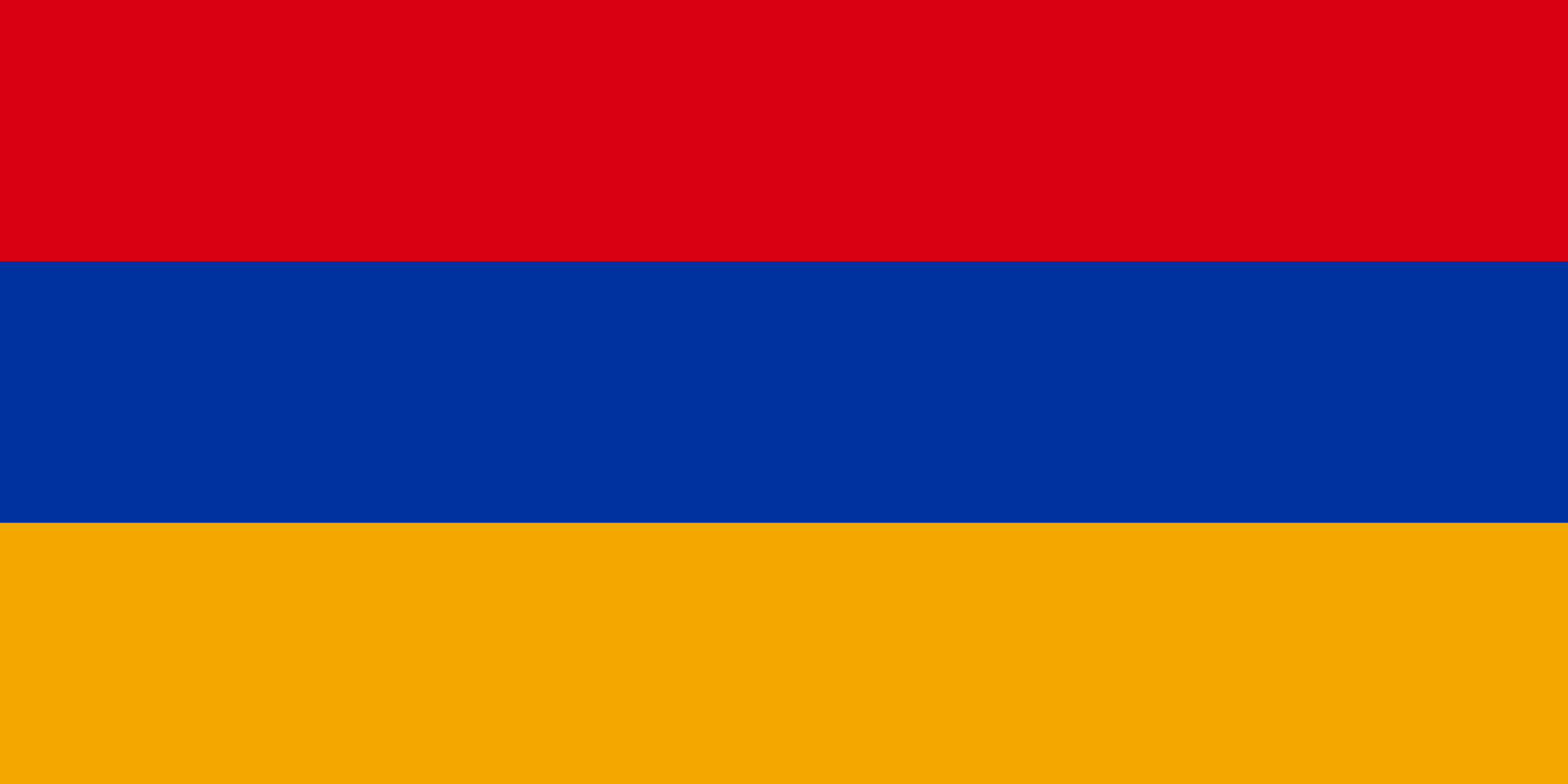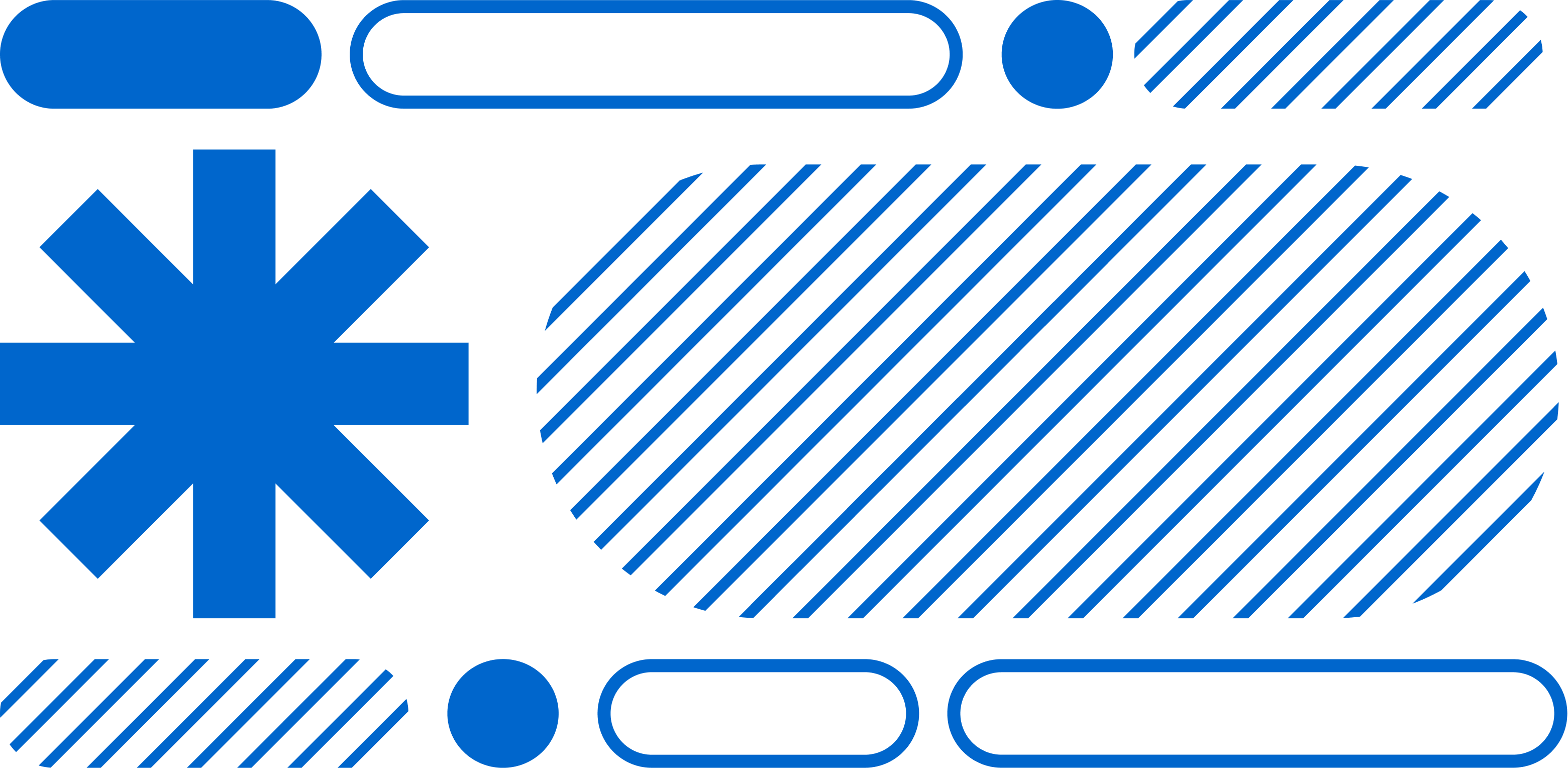Skip to Main Content
Armenia



Disability Definition
Disability: a phenomenon (situation) arising as a result of the interaction of people with health problems and environmental barriers (including attitudes), which prevents a person from fully and effectively participating in public life on an equal basis with others;
Person with a disability: a person who, as a result of the interaction of physical, mental, mental and (or) long-lasting problems and environmental barriers, may have a limitation of full and effective participation in public life on an equal basis with others.
Legislation
In 1993 Armenia adopted the Law on Social Protection of Persons with Disabilities. This was followed by the below advancements. In 2005, Armenia approved the National Strategy for Social Protection of Persons with Disabilities for 2006-2015, a comprehensive policy document that aims to integrate people with disabilities into the Armenian society and to ensure their full participation in all aspects of public life. Armenia the signed the U.N. Convention on the Rights of Persons with Disabilities (CRPD) in 2007 and ratified it in 2010. In 2015, hearings regarding the adoption of a new national disability law, Law of the Republic of Armenia on Protection of the Right of Persons with disabilities and their Social Inclusion in the Republic of Armenia occurred, bringing Armenian legislation into greater compliance with the CRPD. The new law would replace the 2007 Law on Social Protection of People with Disabilities. To date, the law, based on social inclusion rather than social protection model, has not been adopted.
Employer Legal Requirements
Guarantees for the employment of a person with disability shall be ensured by the public administration bodies and local self-governmental bodies through:
- implementing financial and economic privileged policy with respect to organisations, institutions, as well as non-governmental organisations for persons with disabilities which use the labour force of persons with disabilities;
- implementing quotas designed for employing persons with disabilities in organisations, as well as measures prescribed by the legislation for persons with disabilities;
- allocating positions most complying with the professions of persons with disabilities;
- encouraging the creation of supplementary positions for persons with disabilities;
- granting partial compensation of the salary paid by the employer to the person with disability — in case of employing a person with disability;
The procedure and conditions for the implementation of state guarantees for ensuring the employment of persons with disabilities shall be established by the Law of the Republic of Armenia “On employment of population”.
Accessibility Requirements
Please refer to chapter five in The Law of The Republic of Armenia on The Rights of People with Disabilities
Cultural Norms
Few schools are accessible for children with disabilities. Universities and trade schools are also nearly universally inaccessible. The 2003 Law of Urban Development states that all public buildings, new or renovated, should be accessible. Yet, lack of enforcement mechanisms has prevented implementation. Restricted access to education, compounded by inaccessible infrastructure, contributes to a low employment rate for Armenians with disabilities.
Insights
In 2012, 6.2% of the population was registered as a person with a disability (186,384 people). 36% motor disability. 20% physiological disability. 20% intellectual disability. 7% visual disability. 7% auditory disability. 7% epilepsy. 3% combined disabilities.
The unemployment rate remains high even with job placement programs and the government’s introduction several employer incentives to hire more PWD (partial reimbursement of a disabled employee’s wages and tax deductions): 92% people with disabilities, 8% overall population.
The Employment of People with Disabilities in Armenia: Needs and Barriers – Report on Qualitative Study Findings 2013 identified prevalence of certain attitudinal, environmental and to some extent institutional barriers faced by people with disabilities in employment, including but not limited to: Employers’ and co-workers’ attitudes towards people with disabilities as well as lack of knowledge about accommodation requirements and programs remain an issue for workplace integration. Employers and EC representatives concur that employers’ perception of PWD as a liability and not an asset constitute a serious barrier to employment.
Supplier Diversity
Although employers operating in Armenia have supplier diversity programs, we do not have any partners with international supplier certifications programs in this country at this time. Please let us know if you have any updates we should post.
NGOs
Business Practices/Examples
Additional content coming soon.
Talent Sourcing Resources
Save the Children is an Armenian organization that holds professional development workshops for recent graduates and provides educational support for children with disabilities.
References
The Agate Center for Women with Disabilities advocates for the rights of women with disabilities. Their projects include the development of an Armenian-American sign language dictionary and an initiative to promote civic participation of young women with disabilities in rural areas. The Disability and Inclusive Development Team is an NGO that provides “accurate, trustworthy, and inclusive information about the disabled community in Armenia.” The organization raises awareness about issues surrounding disability rights and aims to provide greater accessibility for people with disabilities in Armenia. In 2020, USAID provided training for a group of 25 women with disabilities in Armenia on disability rights.
